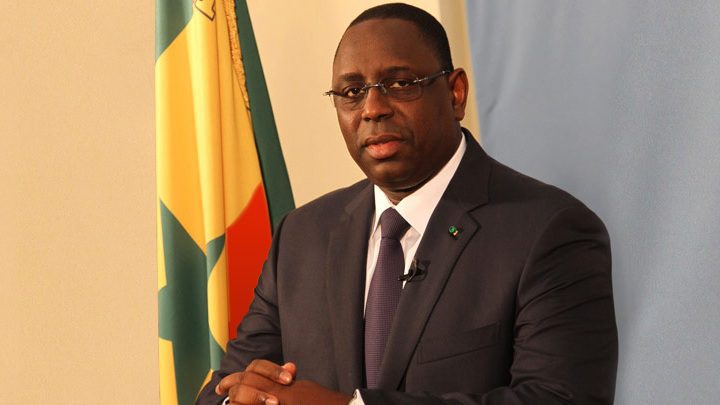Sengalese President Macky Sall, has tabled a bill to grant amnesty for offences committed both on Senegalese territory and abroad, covering a period from February 2021 to February 2024.
The aim of the bill is to calm the political and social climate, strengthen national cohesion, consolidate national dialogue and enable certain people facing the law to fully reintegrate into democratic life.
According to Article 1 of the bill, presented to the Conference of Presidents of the National Assembly on Monday 4 March, “all acts likely to be classified as criminal or correctional offences, committed between 1 February 2021 and 25 February 2024, both in Senegal and abroad, relating to demonstrations or having political motivations, including those made through all communication media, are amnestied as of right, whether or not the perpetrators have been tried.”
Article 2 states that this amnesty entails, without giving rise to restitution, the total remission of all principal, accessory and complementary penalties, as well as the disappearance of all disqualifications, exclusions, incapacities and deprivations of rights attached to the penalty.
As for article 3, the amnesty proposed for adoption by the Senegalese parliament “does not prejudice the rights of third parties,” noting that “Coercion may not be exercised against convicted persons who have benefited from the amnesty, except at the request of the victims of the offence or their beneficiaries.”
However, article 5 prohibits “any magistrate or civil servant from recalling or allowing to remain in any form whatsoever in a judicial or police file or in any official document, the convictions, disqualifications, disqualifications, incapacities and deprivations of rights attached to the sentence erased by the amnesty, except as provided for in article 3 of this law.” However, the law may be challenged by the Indictments Division of the Dakar Court of Appeal, under the conditions set out in article 735 of the Code of Criminal Procedure.
The National Assembly’s Law Committee has been convened for Tuesday 5 March to discuss this bill, which is being championed by the Ministry of Justice.
The bill comes at a time when discussions are underway between Macky Sall and his main opponent, Ousmane Sonko, who has been in prison since July 2023. The leader of PASTEF (dissolved) was sentenced to two years’ imprisonment for youth corruption during his teacher’s case against a young masseuse who accused him of rape and death threats.
In addition, Ousmane Sonko received a six-month suspended sentence from the Dakar Court of Appeal, which increased the two-month suspended sentence initially handed down by the Dakar court in a defamation case against the Minister of Tourism, Mame Mbaye Niang. A few days before the publication of the final list of candidates for the presidential election, the Supreme Court rejected the appeal in cassation lodged by the opponent, depriving him of his civic rights.
In parallel with this procedure, President Sall intends to submit to the Constitutional Council the conclusions of the National Dialogue on the date of the elections and the post-2 April period. Meeting near Dakar on 26 and 27 February, political parties and leading figures from civil society proposed that the presidential election be held on
2 June, following an initial postponement cancelled by the constitutional judges. They also proposed that the incumbent president should remain in office until his successor is installed.
AC/fss/abj/APA


